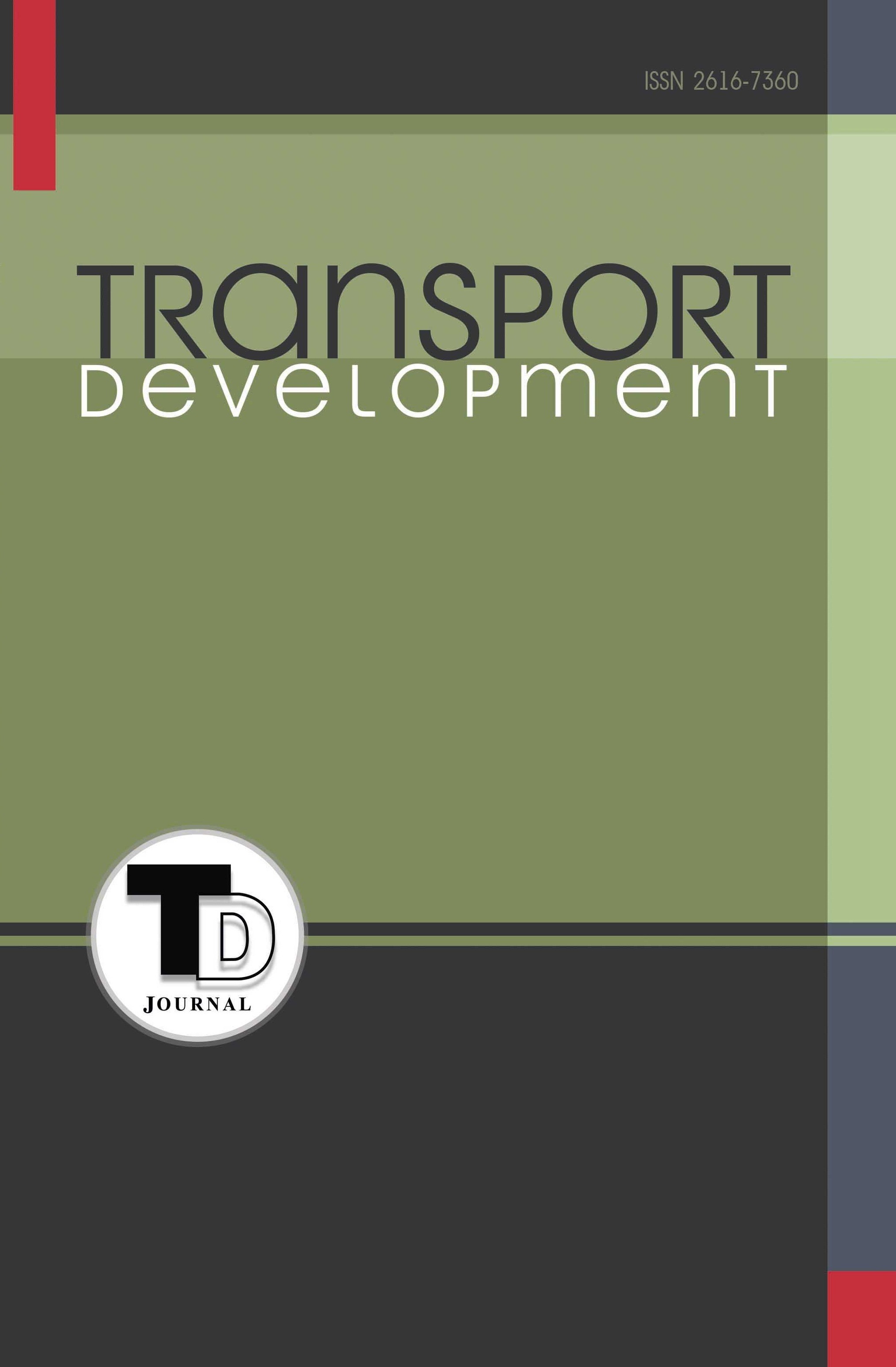INFRASTRUCTURAL PROBLEMS OF IMPORT DELIVERY OF PETROLEUM PRODUCTS IN WAR CONDITIONS
Abstract
Introduction. The article explores key aspects of ensuring energy security in Ukraine under martial law, with a specific focus on the supply of diesel fuel, a strategic resource essential for the functioning of the economy and the defense sector. The urgency of addressing energy security issues stems from disruptions in traditional supply routes caused by the outbreak of full-scale military actions, which have necessitated rapid adaptation of Ukraine’s transportation and logistics infrastructure. Purpose. The purpose of the study is to analyze the current challenges of supplying petroleum products to Ukraine, to assess the impact of new customs legislative initiatives, and to substantiate effective transportation and logistics solutions to maintain stable diesel imports during martial law. Results. The research highlights significant changes in the geography of petroleum product supplies after the start of hostilities, including the reorientation towards alternative supply chains and partnerships. The article examines new legislative changes regulating customs clearance for petroleum products, emphasizing their importance in accelerating border procedures and enhancing energy security. The advantages of using flexitanks as an alternative to traditional transportation methods are substantiated, including reduced logistics costs, increased flexibility, and improved operational convenience within the modified infrastructure conditions. Practical proposals for the optimization of petroleum product imports using modern logistical solutions are presented. Conclusions. Ensuring stable diesel supply under martial law requires a flexible, diversified logistics strategy and the rapid adaptation of infrastructure. The new legislative measures and alternative transportation technologies such as flexitanks significantly strengthen Ukraine’s energy resilience during crises. The proposed logistics models provide practical tools for enhancing national energy security under conditions of prolonged instability.
Downloads
References
2. Kuzio N.Ye., Kosar N.S. Trends in the light oil market of Ukraine and prospects for energy security in this area. Economics and Law. 2023. No. 2. P. 60–70. DOI: https://doi.org/10.15407/econlaw.2023.02.060.
3. Kuiun Serhii. Will Ukraine have fuel in the winter? URL: https://enkorr.ua/ru/publications/chi_bude_ukrana_z_palnim_uzimku/255793 (accessed: 26.01. 2025).
4. Kuiun Serhii. Fuel market: what and why has changed? URL: https://zn.ua/ukr/energetics/palivnij-rinok-shcho-i-chomu-zminilosja.html (accessed: 26.01.2025).
5. Kolotvin R.Yu., Kharchuk O.G. Modern approaches to solving logistical problems of fuel imports in Ukraine during wartime. Collection of research papers of the scientific and practical conference “Logistics and transport”. Dnipro, October 6–7, 2023. P. 31–34.
6. Korobkova O.M., Pavlovska L.A., Shpak N.G. Modeling of logistics costs in supply chains of foreign trade cargoes. Transport development. 2023. No. 2(17). P. 133–142. DOI: https://doi.org/10.33082/td.2023.2-17.11.
7. Korobkova O., Pavlovska L., Shpak N. Improvement of the interaction algorithm of participants during customs and logistics service of cargo. Collection of research papers of the Ukrainian State University of Railway Transport. 2023. No. 203. P. 88–95.
8. Korobkova O.M. Logistics activities of enterprises in conditions of war. Actual problems of modern science. 2023. No. 4. P. 457–459.
9. Gonchar O., Kholodenko A., Shpak N. Optimization of Specific Custom Tariffs in the International Economic System. 13-th International Conference on Advanced Computer Information Technologies (ACIT 2023), Wroclaw, Poland, September 21–23, 2023. IEEE 2023. ISBN 979-8-3503-1167-9. DOI: 10.1109/ACIT58437.2023.10275368.
10. Pavlovska L.A., Kyryllova O.V., Korobkova O.M., Shpak N.G. Peculiarities of modeling the infrastructure framework of cargo delivery schemes in modern conditions. Scientific notes of Taurida National V.I. Vernadsky University. Series «Technical science»s. 2023. Vol. 34(73). No. 2. P. 172–179. DOI: https://doi.org/10.32782/2663-5941/2023.2.2/29.
11. Transportation of diesel fuel in flexi-tanks: Pro and Con. URL: https://usm.media/perevozka-diztopliva-vo-fleksitankah-za-i-protiv/ (accessed: 22.02.2025).
12. Clover Chemical. Specifications of Flexitank Containers. 2022. URL: https://www.cloverchemical.com/flexitank-specifications.
13. Techno Group USA. Industrial Bulk Containers. 2023. URL: https://www.technogroup.com/IBC-specifications.
14. Savino Del Bene. Flexitanks: The Fast and Efficient Way to Transport Liquids. 2021. URL: https://www.savinodelbene.com/flexitanks.
15. Fluid Flexitanks. Efficiency of Bulk Liquid Transportation. 2020. URL: https://www.fluidflexitanks.com/efficiency.
16. ASF Logistics. Transportation Efficiency and Bulk Containers. 2021. URL: https://www.asflogistics.com/bulk-containers.
17. On Minimum Stocks of Oil and Petroleum Products : Law of Ukraine of 21 November 2023 No. 3484-IX. Official Bulletin of Ukraine. 2024.
18. Directive 2009/119/EC of the European Parliament and of the Council of 14 September 2009 imposing an obligation on Member States to maintain minimum stocks of crude oil and/or petroleum products. Official Journal of the European Union. 2009.
19. International Energy Agency. Oil Stockholding Systems in Europe. Paris : IEA, 2023.
20. On State Market Supervision and Control of Non-Food Products : Law of Ukraine of 2 December 2010 No. 2735-VI. Official Bulletin of Ukraine. 2011. No. 1.





